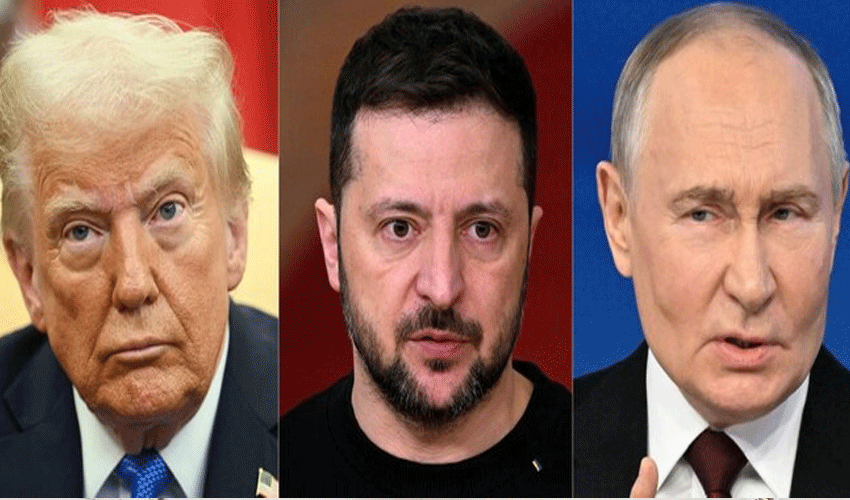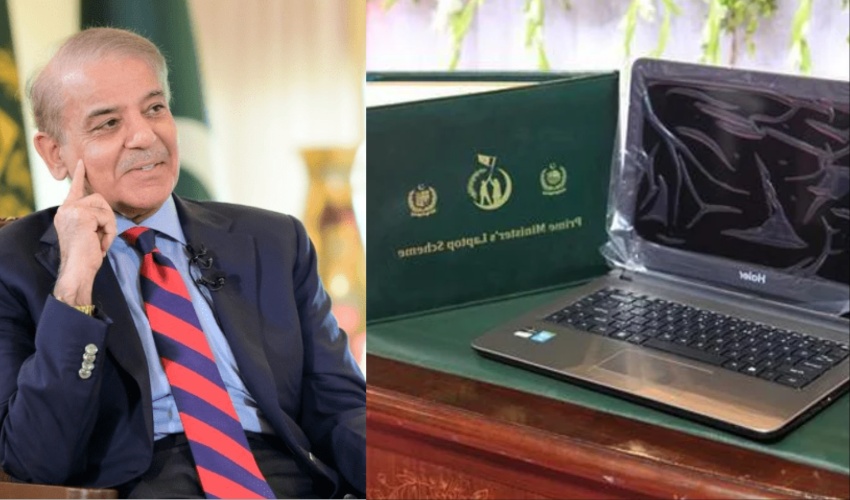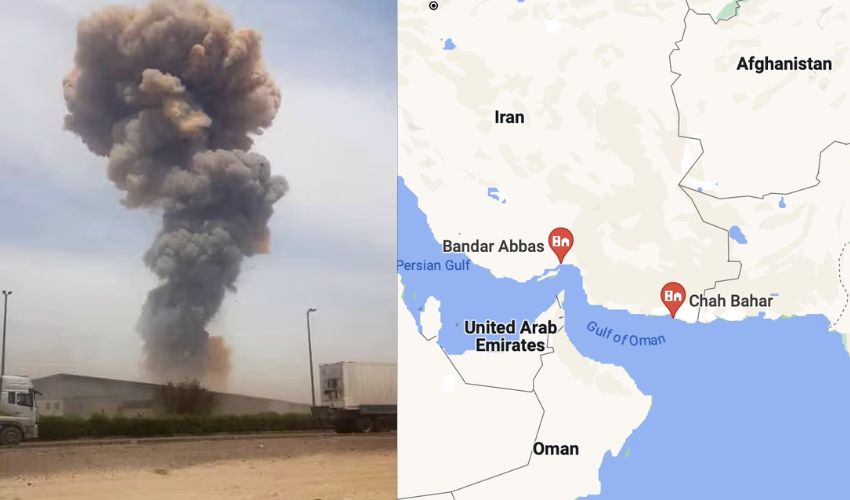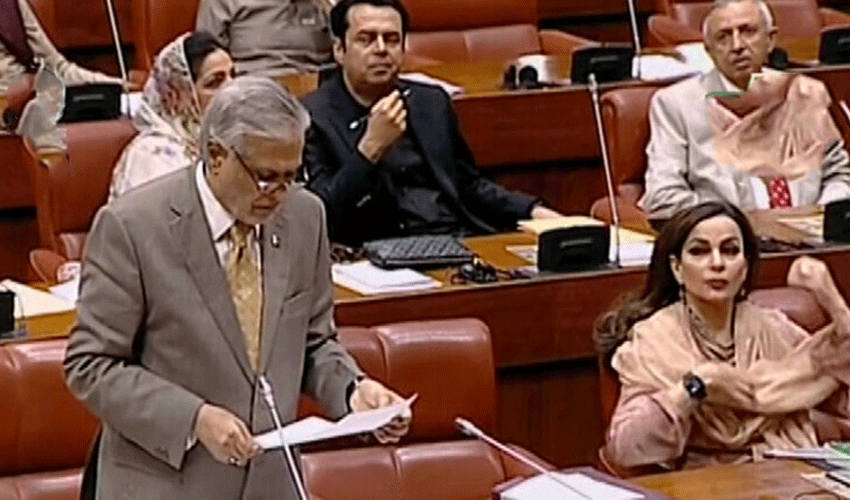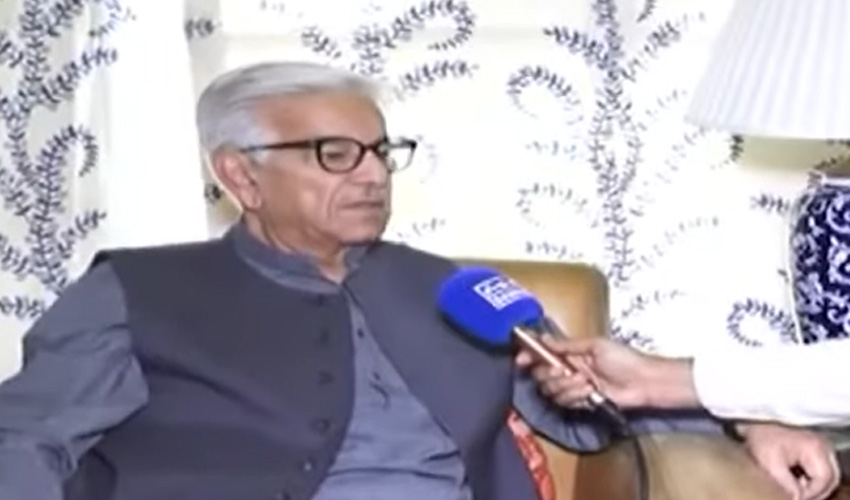US President Donald Trump has said that Russia and Ukraine are “very close to a deal,” following high-level negotiations between his envoy and Russian President Vladimir Putin in Moscow.
However, Ukrainian President Volodymyr Zelensky has called for increased international pressure on Moscow, stressing the need for a full and unconditional ceasefire before any territorial discussions.
Trump, speaking to reporters in Rome ahead of Pope Francis’s funeral, described Friday’s discussions as a “good day” of negotiations. The Kremlin echoed this sentiment, calling the talks “constructive,” though no Ukrainian officials were present at the meeting.
“Most of the major points are agreed to,” Trump wrote on social media, urging both parties to meet “at very high levels” to finalise the agreement. He claimed that the ongoing conflict was claiming 5,000 lives a week and said he was hopeful that “a lot of good deals” would follow, including trade and tariff agreements.
In a separate statement, Trump criticised Ukraine for delays in signing a “Rare Earths Deal” with the United States, which would grant Washington a stake in Ukraine’s mineral wealth. The agreement, initially set to be signed in February, was reportedly stalled after a contentious meeting between Trump and Zelensky in Washington.
Meanwhile, President Zelensky, in his nightly video address, reiterated Kyiv’s demand for a ceasefire before engaging in any political talks with Moscow. “Real pressure on Russia is needed,” he said, adding that Ukraine’s position on territorial sovereignty remains firm. “Only the Ukrainian people have the right to decide which territories are Ukrainian.”
However, Zelensky appeared to leave the door open for future negotiations, telling the BBC that a full ceasefire could lead to discussions on territorial matters. “A full and unconditional ceasefire opens up the possibility to discuss everything,” he said.
According to reports, the US peace plan under discussion includes recognition of Russia’s annexation of Crimea and effective acceptance of Moscow’s control over large swathes of occupied Ukrainian territory, including all of Luhansk. It also reportedly rules out Ukraine’s potential NATO membership — long considered a red line by Russia.
In contrast, European and Ukrainian counter-proposals suggest such territorial questions should only be addressed after a ceasefire is achieved.
The Kremlin confirmed that Steve Witkoff, Trump’s envoy, met Putin for three hours in what marked his fourth visit to Russia this year. Yuri Ushakov, a top aide to Putin, described the talks as “very useful,” noting progress not only on Ukraine but also on other international matters. He also suggested that direct dialogue between Kyiv and Moscow could resume.
Putin, who for the first time in months signaled openness to talks with Zelensky, has yet to formally respond to Ukraine’s earlier proposal for a 30-hour Easter truce to be extended into a month-long ceasefire.
Zelensky, however, expressed frustration with Moscow’s refusal to agree. Writing on social media, he said, “It’s been 45 days since Ukraine agreed to President Trump’s proposal for quiet in the sky, sea and the frontline. Russia rejects all this. Without pressure this cannot be resolved.”
He also criticised Russia for its continued use of imported ballistic missiles in deadly strikes. Following a missile attack on Kyiv that killed 12 people and injured dozens, Zelensky alleged that many components in the missile were manufactured in the United States and imported via countries such as North Korea.
“Insufficient pressure on North Korea and its allies allows them to make such ballistic missiles,” he said, adding that the missile contained at least 116 foreign components.
Responding to the attack, Trump took to social media to urge de-escalation, writing: “Vladimir STOP!” He later blamed Ukraine for provoking the war, saying in a Time magazine interview that “what caused the war to start was when they [Ukraine] started talking about joining NATO.”
Despite Trump’s assertions of progress, the absence of Ukrainian representatives from the Moscow talks and the wide gulf between the respective proposals indicate that a comprehensive peace deal remains elusive.





